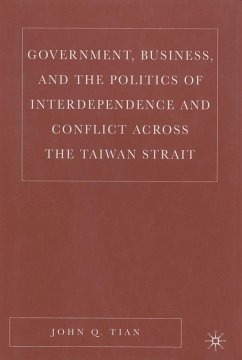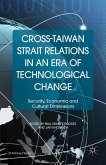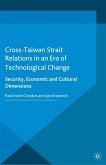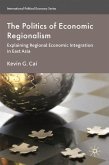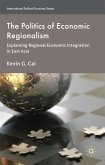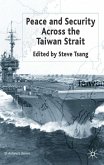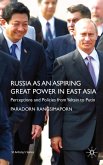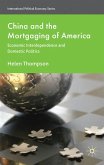Explains the complex and paradoxical process of economic integration and political divergence in current relations between Taiwan and mainland China. It analyzes the dynamics of economic statecraft on both sides and the conflicts between state objectives and business interests in the context of globalization and regional economic integration.
Hinweis: Dieser Artikel kann nur an eine deutsche Lieferadresse ausgeliefert werden.
Hinweis: Dieser Artikel kann nur an eine deutsche Lieferadresse ausgeliefert werden.
"The most important contribution of the manuscript is its analysis of how the state capacity is limited in its attempts to regulate private economic activities in two Chinese societies. It tells a complete story about the failure of the governments in both sides of the Taiwan Strait to constrain/make use of the economic interactions across the Taiwan Strait for their political objectives."
- Suisheng Zhao, Editor, Journal of Contemporary China
"John Tian's book effectively tackles the puzzle of asymmetry in relations across the Taiwan Strait: increasing economic integration and growing political tensions. It takes us through the complex maze of strategic interactions, policy designs and state-business relations between and in the two sides of the Taiwan Strait. It uniquely captures the intriguing logic of interactions between deepening economic interdependence and rising political tension across the Taiwan Strait. It is rich, sophisticated and insightful. Itis highly recommended for those who wish to learn more about the Taiwan problem."
- Jia Qingguo, Professor, School of International Studies, Peking Univeristy
- Suisheng Zhao, Editor, Journal of Contemporary China
"John Tian's book effectively tackles the puzzle of asymmetry in relations across the Taiwan Strait: increasing economic integration and growing political tensions. It takes us through the complex maze of strategic interactions, policy designs and state-business relations between and in the two sides of the Taiwan Strait. It uniquely captures the intriguing logic of interactions between deepening economic interdependence and rising political tension across the Taiwan Strait. It is rich, sophisticated and insightful. Itis highly recommended for those who wish to learn more about the Taiwan problem."
- Jia Qingguo, Professor, School of International Studies, Peking Univeristy

